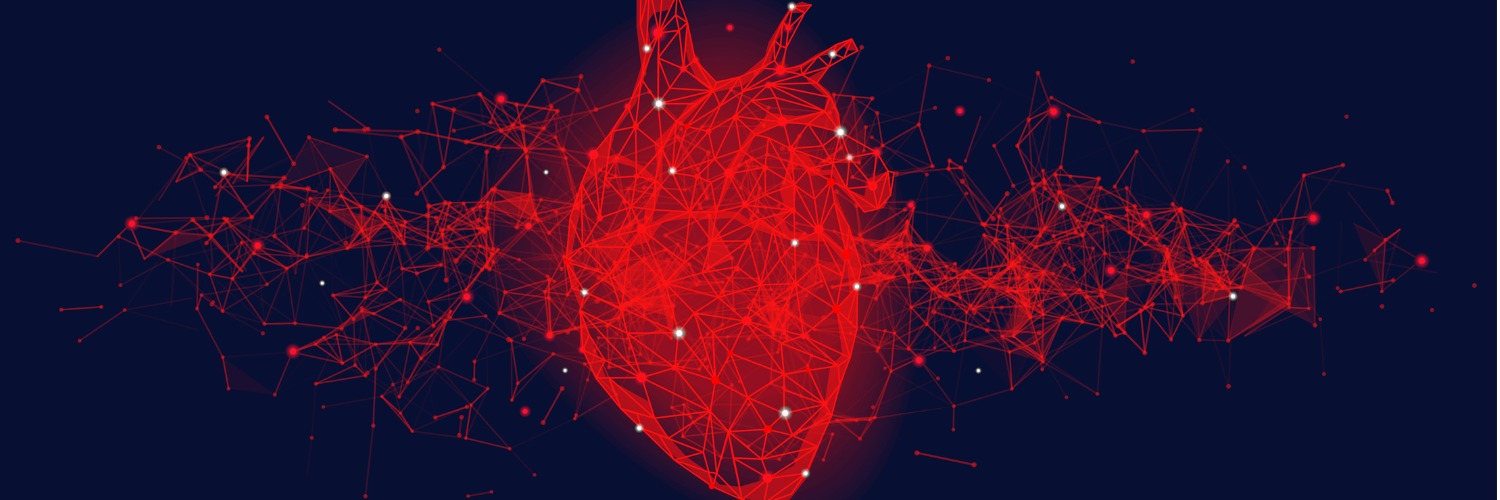Caregivers perform many functions that vary from patient to patient. While some caregivers are minimally involved in a patient’s life, others may have complete legal access to patient records. When it comes to caregivers who lack a specific designation, privilege, or permission, the onus of deciding what records are relevant to share, and with whom they should be shared, lies with the physician.
According to a National Academies of Sciences, Engineering, and Medicine publication, caregivers who are assigned to be a patient’s personal representative maintain the ability to act on a patient’s behalf through healthcare advance directives, guardianship laws, and surrogate decision-making laws. HIPAA authorization offers another way in which caregivers can gain access to a patient’s health records. HIPAA authorization allows patients to decide what health information they consent to disclosing and to whom they permit disclosure.
Non-Related Caregivers Handling Patient’s Affairs
Disclosure of patient information becomes less clear when it falls under the realm of “friends and family,” within which the caregiver has access to patient information so long as the patient consents. According to Naveed Saleh, MD, MS, either consent is granted when both the patient and caregiver are in the room, or the patient is not present with the physician and caregiver, leaving the physician to decide what information should be shared with friends or family. HHS states that a caregiver who is neither the patient’s friend nor family must be involved in handling the patient’s care or payment for a physician to provide them with any
patient information. One such example would be a health aide.
Based on the National Academies of Sciences, Engineering, and Medicine’s publication, a physician’s professional judgment often accounts for how much information can be disclosed to caregivers, family, and friends. That said, physicians should only disclose information on a need-to-know basis. The Arizona Center on Aging offers certain key strategies for physicians to employ when engaged in communication with a caregiver. For example, it is essential that a physician ensures they are in a separate space away from family, friends, or other potential caregivers when asking a patient who has permission to access their healthcare information. Though a patient’s decision does not require documentation in their medical chart, physicians may nonetheless choose to do so.












